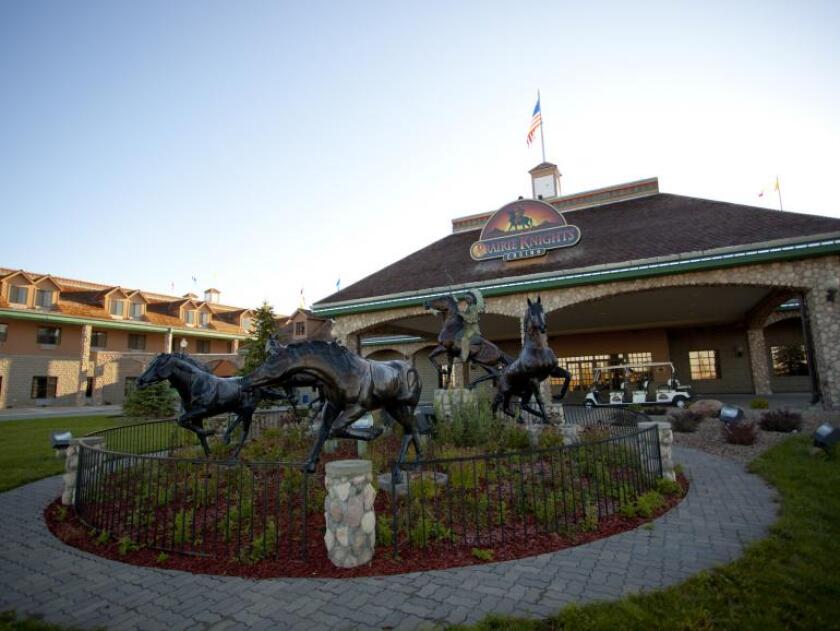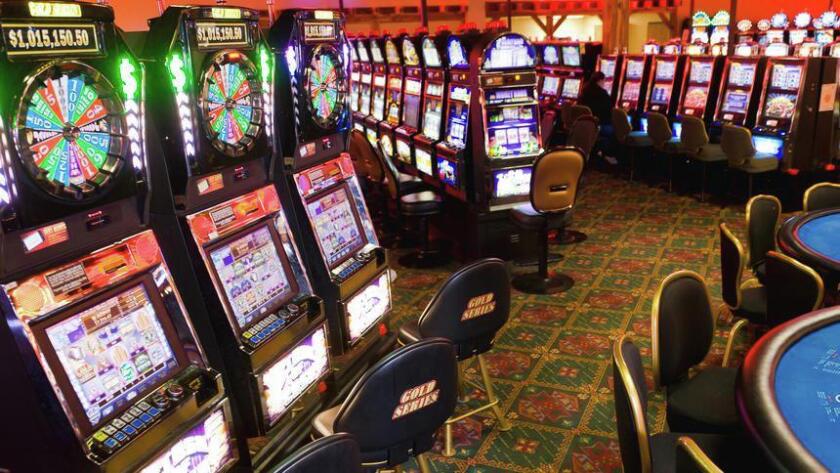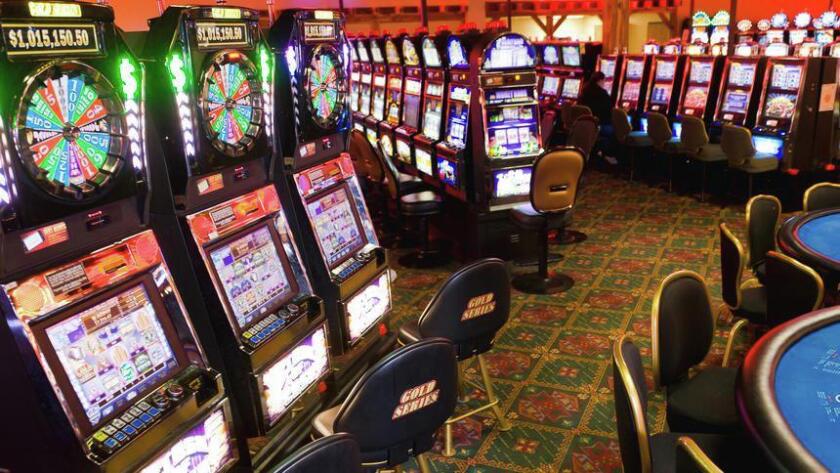MINOT, N.D. — Our state’s Native American tribes are asking Gov. Doug Burgum to legalize gambling in North Dakota.
We’re not talking about gambling on reservation lands. They want gambling, specifically electronic gambling like sports betting and internet blackjack, to be legal for every adult state citizen. They’re asking the governor to approve this under the auspices of a new compact between the state and the tribes (read their proposed draft of the new compact
here
, along with
the internet gaming addendum
).
These compacts are required under the federal laws which govern legal gambling on the reservations. The tribes claim, speciously, I believe, that this expansion to the internet would still be on-reservation gambling because the servers on which the wagers are executed would be on tribal lands. But someone sitting in their living room in Fargo playing blackjack on their iPad, or betting on sports games with their laptop, is not gambling on tribal lands, no matter where the servers are located.
If there was any question about where Burgum’s sympathies lay in this matter, consider a recent hearing his office held on the matter. The first speaker at the hearing was Mike Motschenbacher, executive director of the North Dakota Gaming Alliance (and also a Republican candidate for the Legislature in District 47).
He and Burgum had a very tense exchange of words
.
ADVERTISEMENT
Motschenbacher, whose group represents charitable gaming interests (one of the few types of nontribal gambling allowed in North Dakota) claimed that the tribes have an advantage under the status quo, which prompted Burgum to basically bite his head off.
“I don’t think the data would support your assertion that the tribes have an advantage,” Burgum said. “If you want to make statements, I think you should back them up with data.”

Special to The Forum
Clearly, Burgum is not very sympathetic to the charitable gaming interests.
Those interests say the compact the tribes have proposed goes too far.
“By allowing the tribes to have exclusive ability to conduct internet gambling and sports betting in North Dakota, this will effectively end charitable gaming in our state,” the charitable gaming interests said in a statement. “Instead of going out and supporting local businesses and charities, ND citizens will simply stay at home and do their gaming on their phones and laptops. The state of North Dakota should not be providing North Dakota tribes with a monopoly over internet gaming and sports betting. The state of ND was built on free enterprise, and this goes against those principles.”
They’re not wrong about the scope of this expansion, though the claims about a gambling monopoly are a bit ironic given that the charitable gaming interests are basically trying to protect, from tribal encroachment, an off-reservation gambling monopoly of their own.
And, to the point Burgum was making, the charitable gaming people weren’t so worried about encroachment when they won, from state lawmakers, the right to operate electronic pull-tab machines. Which are slot machines, basically, that are so popular with the public that they’ve
put a significant dent
in the proceeds from tribe-owned casinos.
But clearing through the miasmas of self-interest coming from both sides of this debate, there are a couple of important questions we should be asking ourselves.
ADVERTISEMENT
- Can the governor really legalize sports betting and internet gambling in North Dakota on his own, without the Legislature or the people voting on it, just by agreeing to an amended compact with the tribes?
- If we’re going to legalize online gaming in North Dakota, should anyone, be they tribal interests, or charitable interests, have a monopoly?
To the first point, Burgum would make a terrible mistake by agreeing to what the tribes want. Not only would he be big-footing the Legislature, a place where he can ill-afford to make more enemies, but the move would almost certainly be unconstitutional.
The federal law governing this compact addressed gambling on tribal lands. What the tribes are asking Burgum to do is legalize gambling far from tribal lands.
The courts have already taken a dim view of this sort of ploy. We can look to Florida, which gave its Seminole tribes exclusive rights to expand gambling, and sports betting, statewide, but the deal is tied up in a lawsuit.
In November
, a judge found that it violated federal rules which require gaming sponsored by tribes to take place on tribal lands.

Forum News Service file photo
And beyond federal law, there’s also the question of constitutionality under state law.
Our constitution gives the legislature, not the governor, the ability to legislate, and I don’t think there’s a loophole that allows the governor to write new laws for the state as long as it’s part of a negotiation with the tribes. The governor can argue that lawmakers delegated to him the authority to negotiate these compacts, but that was under the assumption that the compacts would regulate on-reservation gaming, not gaming in every home in the state.
If we’re going to legalize online gaming in North Dakota, it can’t be foisted on the state’s citizens without a vote of their elected representatives in the Legislature, or a vote at the ballot box.
If the governor legalizes online gambling in North Dakota through amendments to the state’s compacts with the tribe, expect lawsuits to fly on multiple fronts.
Which brings me to the second point: If we are headed toward legalization, should anyone be getting a monopoly? If North Dakotans are going to be able to play online roulette and bet on Vikings games, shouldn’t it be a free market open to any entrepreneur or company with a service to offer?
Sounds like a debate for the Legislature, doesn’t it?
ADVERTISEMENT
I understand what’s at stake. Legal gambling statewide would decimate the tribal casinos, and the charitable gaming interests, but those are the risks of business models built on the back of a monopoly granted by politics.
The tribes, specifically, are the ones trying to open this door. It may end up opening farther than they anticipated.
